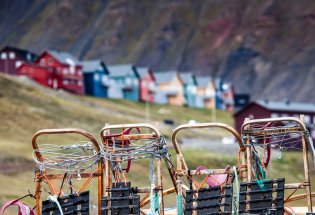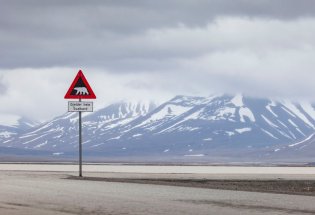Environment & transport
The links below lead to all statistics on Svalbard. To access the Svalbard numbers directly, please pick the relevant page and follow the link to the Statbank. In the Statbank, choose the tables that contain numbers for municipalities, marked (M). Links to the statistics that give numbers exclusively for Svalbard are found at the bottom of this page.
Statistics
Area of land and fresh water
Follows changes in area of municipalities and statistical units.
Hazardous waste
Describes the different forms of hazardous waste, its treatment and its sources
Protected areas
The statistics encompass protected areas, by number and area they cover.
Waste from households
Shows the amount of household waste collected by municipalities
Air transport
Aims to describe all commercial transport of passengers and goods
Maritime transport
The statistics describe maritime transport in Norway by showing goods handled at Norwegian...
Registered vehicles
Shows the structure and development of the vehicle fleet
Land use and land cover
Classifies built-up areas by usage and non-built-up areas by land cover
Accommodation
Measures guest nights at hotels, short-term holiday dwellings, camping sites and youth hostels
Analyses, articles and publications
Showing 0 of 0
Special Svalbard-statistics

Statistics
Population of SvalbardThe statistics give a view of the population of Longyearbyen and Ny-Ålesund by age, sex and household size, as well as in- and out migration, births and deaths.

Statistics
Industry statistics for SvalbardThe statistics provide insight into the development and structure of the various industries in Svalbard.
